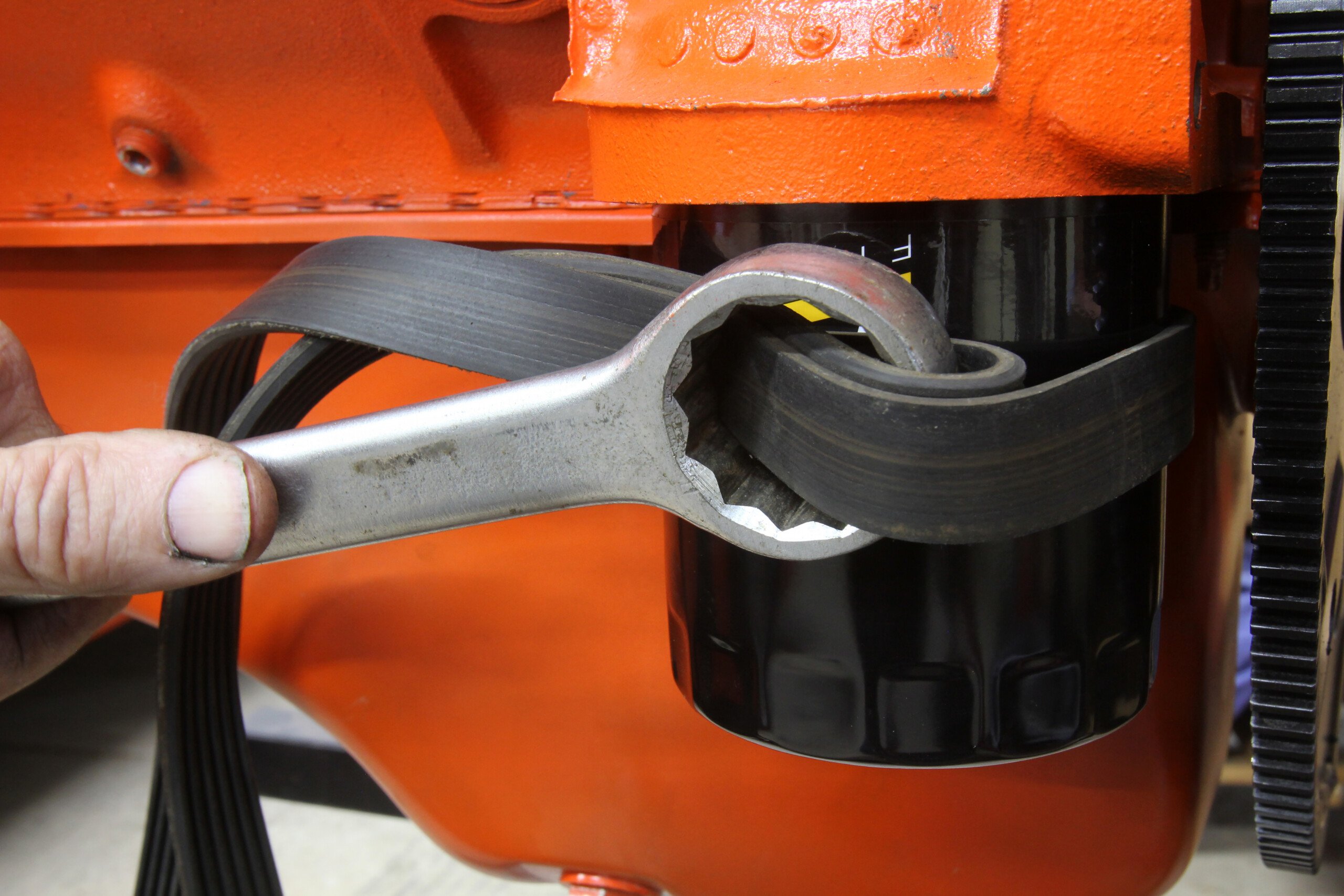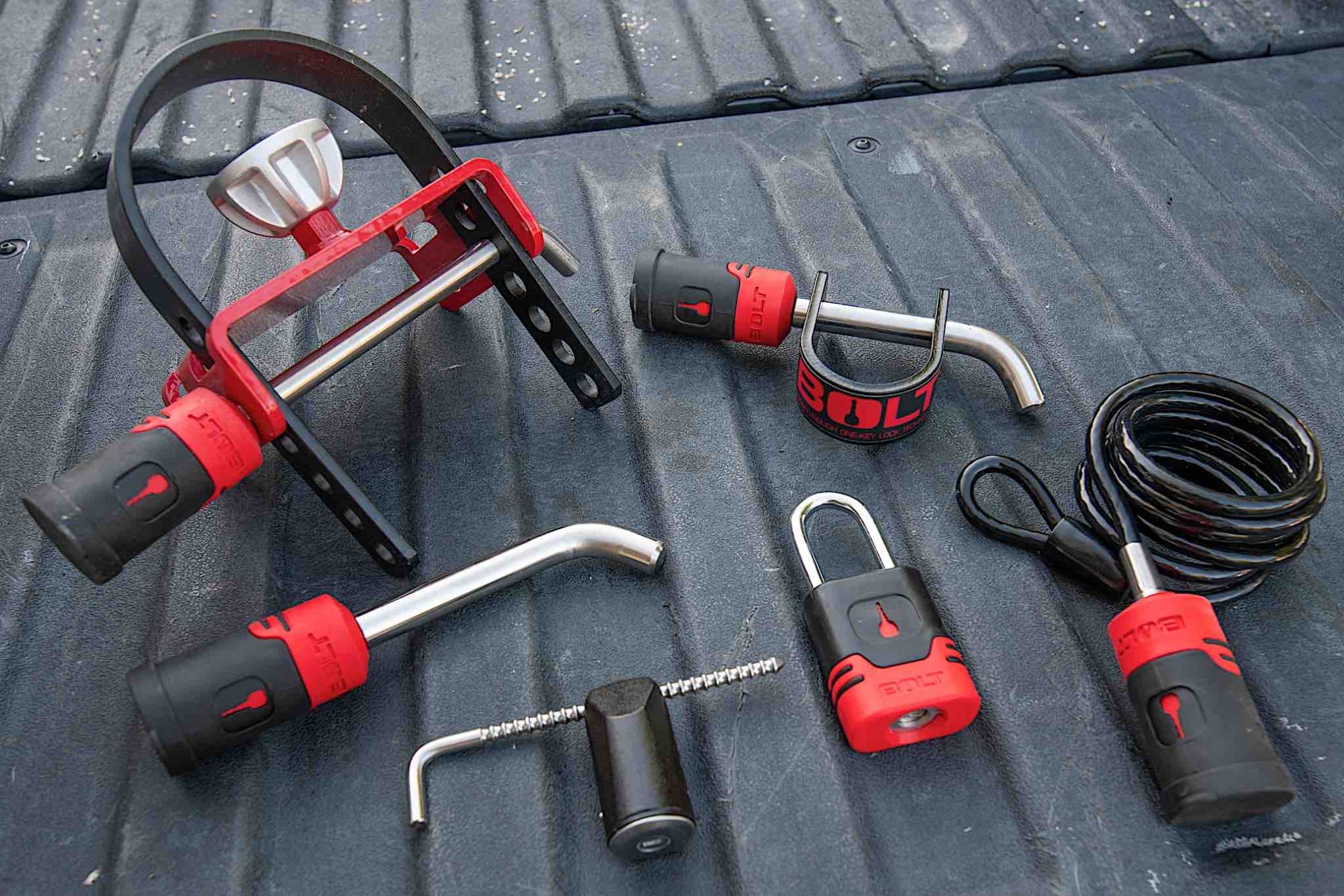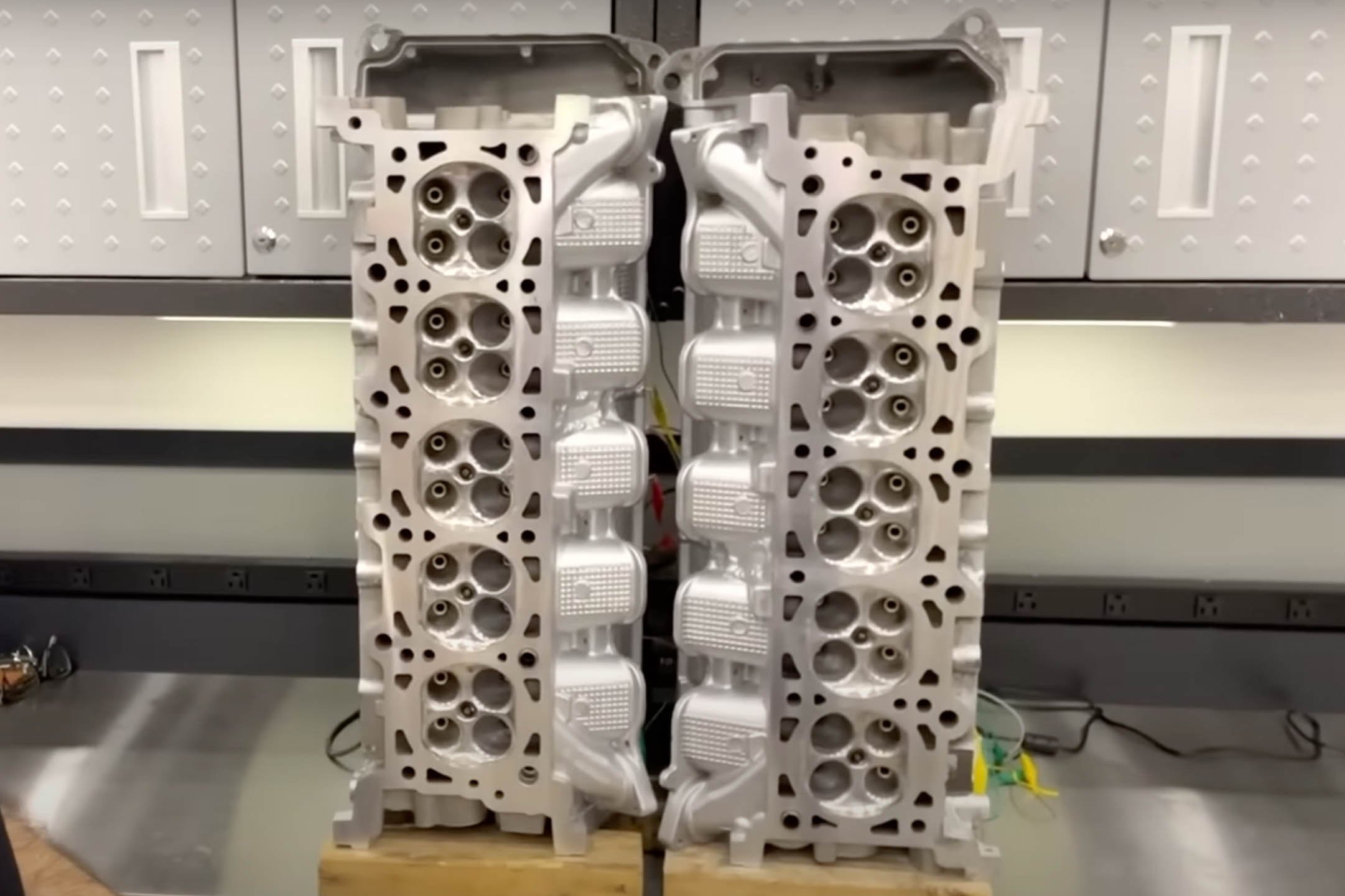When the first installment of the John Wick franchise came out, I was absolutely blindsided by how much I enjoyed it.
I had initially ignored the movie upon its release, as the trailer had fooled me into thinking it was just another inane actioner that would bring nothing new to the table. Then, a close friend of mine whose cinematic tastes I knew and generally agreed with, told me that my negative appraisal was premature, and that it was a movie I had to see. “Firefights and muscle cars,” he said, knowing me quite well, “you’ll love it.”
Upon his advice, I acquiesced, and just like he predicted, it became a favorite film of mine. So simple was the revenge plot, so original the action choreography, and so cool the choice of cars, that I almost imagined that the film was made just for me.
Sadly though, each successive sequel has been little more than a rehashing of the first film, minus the ingeniously simple plot. John Wick: Chapter 2 and John Wick: Chapter 3 – Parabellum presented us convoluted storylines that were hard to follow, and really didn’t give us any original hurdles for him to overcome. Just some more killing in the same manner as the first film, a few good muscle cars, and a smattering of memorable one-liners. That’s about it.
So, when John Wick: Chapter 4 was released a couple of months back, I tempered my excitement, pretty sure I was going to be let down again. And indeed, I was. The fourth installment was yet another version of the same, now hackneyed, formula. So much so, that partway through the movie, I decided I would pass on reviewing it in Rob’s Car Movie Review.
But wouldn’t you know it, in the last half of the movie, they did what each prior film in the saga had done, and threw in a muscle car. And not just any muscle car, but one of my favorites of all time, roaring and racing through the streets of Paris at night. And just like that, I did an about-face and said to myself, I have to cover this car for Rob’s Movie Muscle.
So without further delay, here we go – a look at the awesome 1971 Plymouth ‘Cuda in John Wick: Chapter 4!
First though, some preliminaries.
John Wick: Chapter 4 was produced by Summit Entertainment, Thunder Road Pictures, and Studio Babelsberg, in association with Lionsgate, which also handled distribution in the United States.
Derek Kolstad penned the script as he did in all previous installments, this time with help from Shay Hatten and Michael Finch. Chad Stahelski likewise directed the film; the fourth time he has done so in the John Wick franchise.

Keanu Reeves reprises his iconic role as the world’s most lethal assassin, John Wick. (Photo courtesy of Lionsgate.)
Keanu Reeves, Laurence Fishburne, Lance Reddick, and Ian McShane reprise their seminal roles, while Bill Skarsgård, Donnie Yen, George Georgiou, Clancy Brown, Shamier Anderson, Rina Sawayama, Hiroyuki Sanada and Aimée Kwan join in on the fun for the first time.

Bill Skarsgård joins the John Wick franchise as the arch-villain, The Marquis. (Photo courtesy of Lionsgate.)
As for the story, I don’t know… John Wick is still trying to get out of the assassin’s game, but a bunch of people are trying to stop him from leaving, while others are trying to kill him, and a lot of them end up getting shot. Or something like that. All you really need to know is that approximately one hour and fifty minutes into the movie, the magnificent ‘Cuda makes its appearance.

Renowned martial artist, Donnie Yen, co-stars as blind assassin, Caine. (Photo courtesy of Lionsgate.)
This isn’t the first time that a Mopar has graced the screen in a John Wick movie. Two Dodge Chargers – a gorgeous ’68 that sits in Aurelio’s (John Leguizamo) repair shop, and a murdered-out 2011 that Wick uses and abuses – made an appearance in the first film. But this is the first time that Wick has driven a vintage one in anger, as he did with his ’69 Ford Mustang Mach 1 and ’70 Chevy Chevelle SS in the past.

The ‘Cuda is not the first Mopar to feature in a John Wick film, as this ’68 Charger from the first film attests to. (Photo courtesy of Summit Entertainment.)
As mentioned in the intro, the ‘Cuda Wick drives in the film is a ’71. I personally always felt that the ’70 was a more attractive model, lacking the fish gill-style, faux vents on the front fenders, and featuring a more elegant grille solution with dual lamps as opposed to the ‘71’s quads. I’m splitting hairs here of course, as the ’71 Plymouth ‘Cuda is still a hell of a good-looking car that I’d likely opt to donate a small body part for.
John Wick’s bad fish is draped in TX9 Formal Black paint, and it features the standard, dual scoop, Rallye hood in lieu of the popular N96 Shaker, which was an extra cost option. The car also lacks the elastomeric, body-colored bumpers that were popular, and instead makes do with the standard chromes. A keen eye will note that the car has dual, body-colored, exterior mirrors.
Options like the rear window louvers, trunk-mounted Go-Wing, and massive Billboard stripes that all frankly never looked right to me are thankfully not on hand.
What is present though is a set of Cragar-style chrome wheels, in place of the 15-inch Rallye wheels or steelies with dog-dish hubcaps that the car would have worn from the factory. Some seriously high-profile rubber is wrapped around those wheels, instead of the OEM Goodyear PolyGlas tires.

The ‘Cuda on location. Note the dual scoop Rally hood, and the aftermarket twist-type hood locks and rectangular fog lights. (Photo courtesy of Richard Bonga.)
Beneath the front bumper sit dual, rectangular fog lights, which are clearly aftermarket, as the factory units were round. Also non-original are the twist-type hood locks which have replaced the stock hood pins with lanyards, and the side marker lights, which look to have been sourced from a ’72-’74 ‘Cuda.
Inside the all-black interior, it seems that the embellishments continue, with non-stock bucket seats, a missing center console, and a Hurst eight-ball replacing the OEM automatic shifter knob.
Which leads us to the ‘Cuda’s mechanicals. Although the movie car’s hood is debadged, sources say that in front of that A-727 TorqueFlite was Mopar’s mammoth 440 Six-Pack V8 sporting a trio of two-barrel carbs, which was good for 390 ponies and 490 lb-ft of twist. This would, in turn, mean that the rear end was the Chrysler 9.75-inch Dana 60, unless the stunt team changed it.

The ‘Cuda is not treated gently in the film. Within seconds of its appearance, the hood and windshield have already been damaged. Sigh… (Photo courtesy of Lionsgate.)
Sadly, the ‘Cuda is not treated well during its time on-screen. Not only do multiple assailants land on the hood after being mown down by the ‘Cuda, but Wick shoots out the windshield, crashes into multiple cars, and perhaps worst of all, manages to have both doors ripped off through collisions with lamp posts and other inanimate objects.

According to the director, the doors were intentionally ripped from the car so viewers could get a better look at the stunt driving. (Photo courtesy of Lionsgate.)
According to the director, Stahelski, the latter destruction was scripted so that viewers could get a better view of the stunt driver doing amazing things behind the wheel. And it just so happens that for many of the stunts performed, that driver was none other than Keanu Reeves himself.

Top Gear USA host and race driver Tanner Foust trained Keanu Reeves for the film and did some of the stunt driving. Here, Foust is disguised as Keanu Reeves behind the wheel of the ‘Cuda during filming. (Photo courtesy of The U.S. Sun.)
Extensively trained in pre-production by race driver and Top Gear USA host, Tanner Foust, Reeves in fact displays some amazing driving skills during the ‘Cuda’s main stunt sequence: a chase with the bad guys around Paris’ Arc de Triomphe. Reeves repeatedly executes a number of incredible four-wheel drifts and high-speed J-turns all while shooting a pistol and repeatedly reloading. It really is an exciting sequence, easily the best in the film.

Some of the stunts Keanu Reeves performed in the ‘Cuda were amazing, as in this shot where he retrieves a pistol off the pavement while performing a four-wheel drift at decent speed. (Photo courtesy of Lionsgate.)
So, while I didn’t think much of John Wick 4 as a whole, the choice of hero car and the stunts performed in it were beyond reproach. I’d venture to say it makes sitting through the two-hour-and-forty-five minute mess of a movie worthwhile.
As the saying goes, Mopar or no car, my friends. Until next time…




















